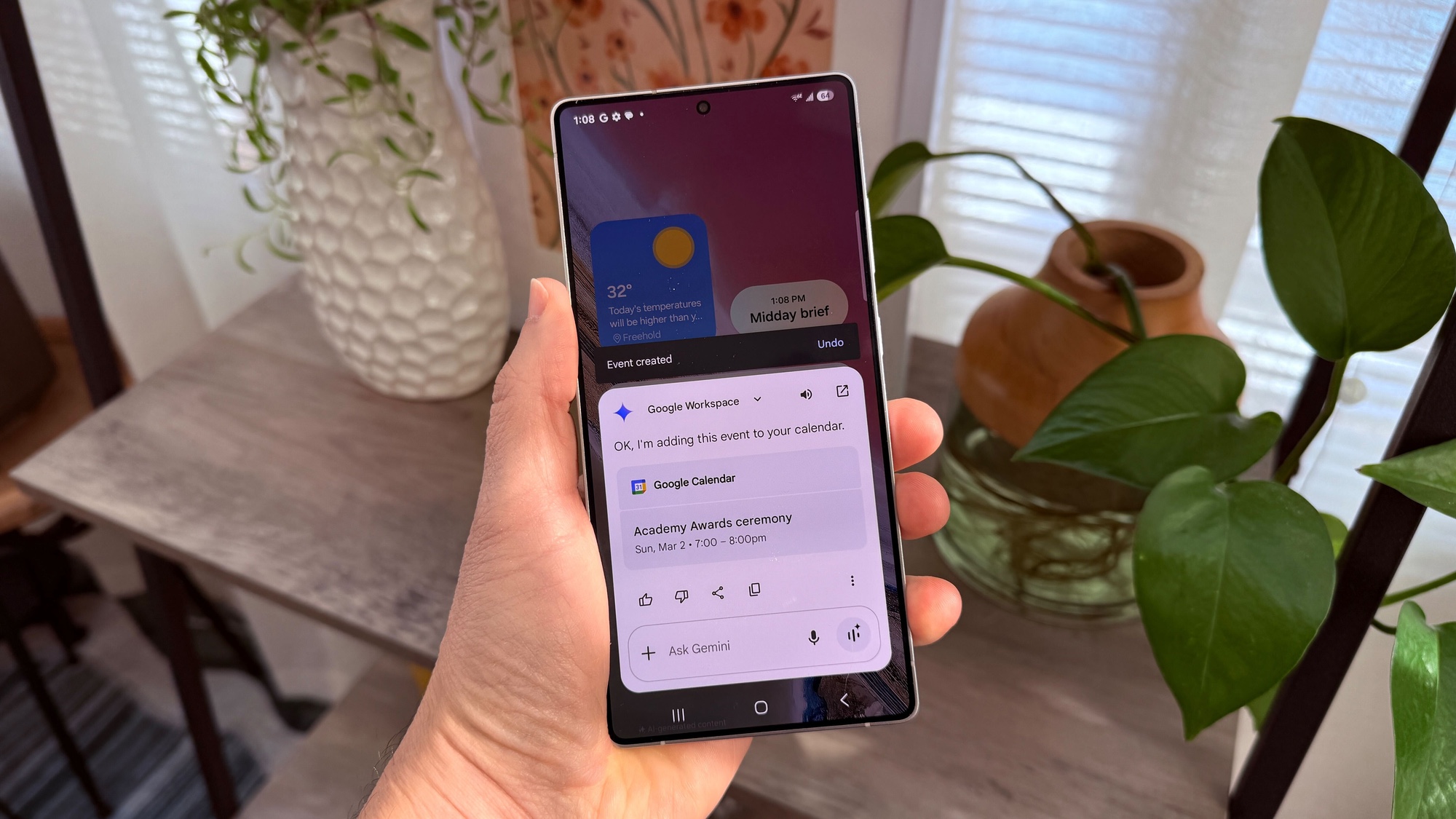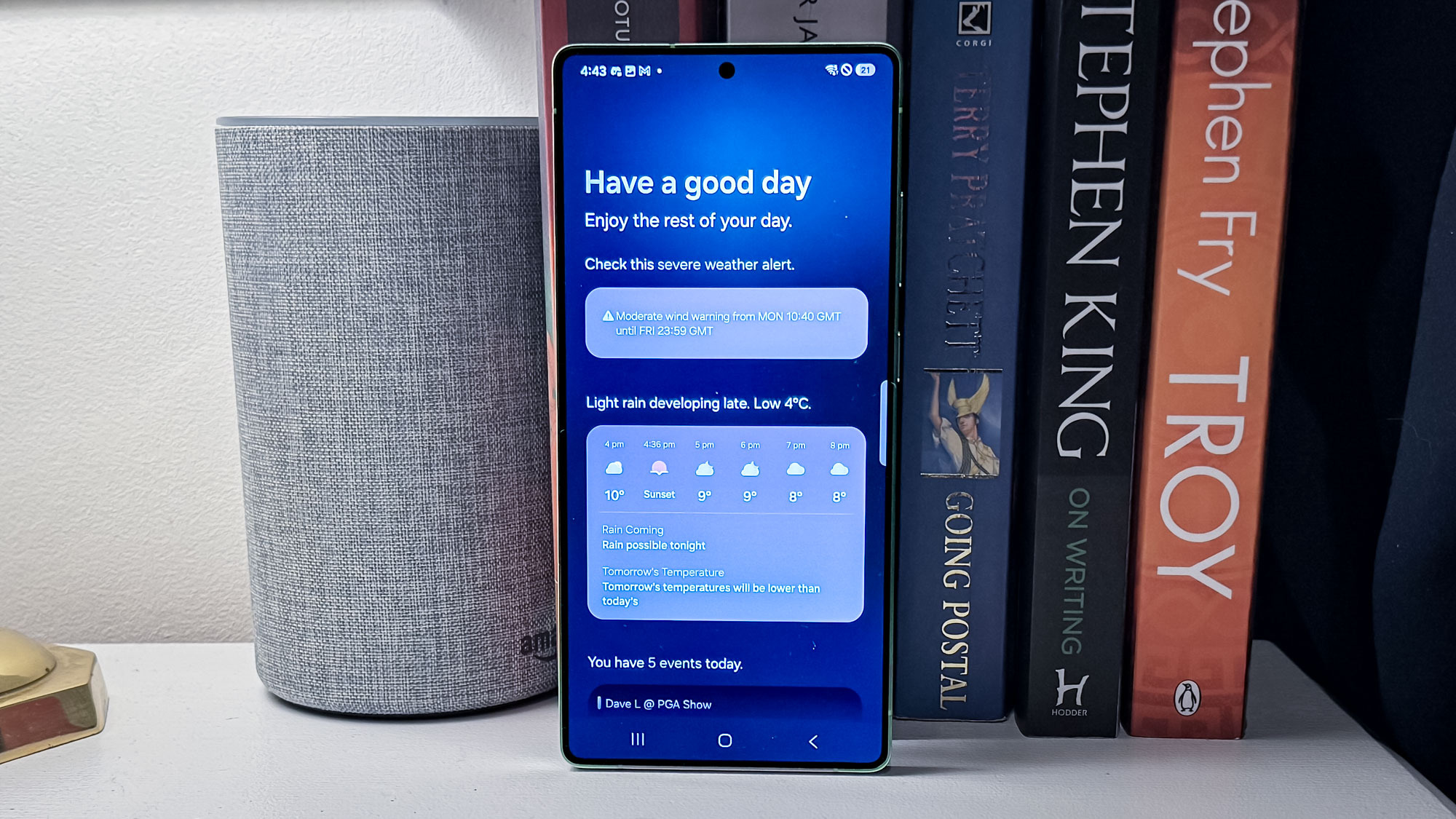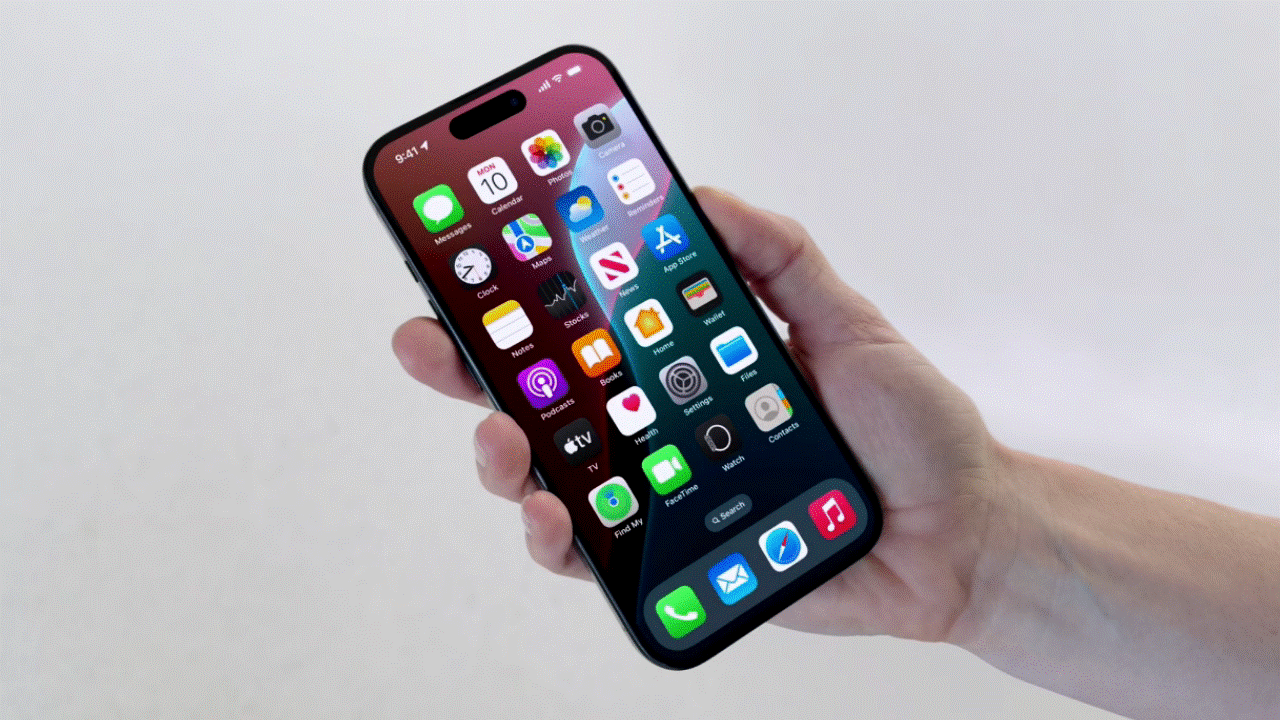Samsung Galaxy S25 — here’s the AI features that could make you upgrade
Galaxy AI features aim to answer the skeptics

If you've been skeptical about the role artificial intelligence has to play on your smartphone — and there's plenty of reason to feel that way, believe me — the Galaxy S25 series could be where the rubber meets the road. As part of the Galaxy AI updates for its new phones, Samsung is introducing several capabilities that should prove whether all the hype around AI has any substance to it.
Up until, many of the early AI features added to phones have felt kind of gimmicky. Yes, there are some gems in there like Circle to Search or the mail summaries that are part of Apple Intelligence on the iPhone. But a lot of additions are the sort where you try them once, mutter "that's cool, I guess," and then never go back to them again. And that's not even diving into the outright disasters like writing tools that are nothing more than a souped-up thesaurus or news summary features that are so inaccurate they have to be turned off.
The Galaxy S25's set of AI-powered features sound like they're taking a different approach. There are some additions like summarized phone recording transcripts and — sigh — writing tools — that you'll find on other phones. But other additions stand out because they're trying to deliver a more personalized experience that extend what your phone is capable of — at least if they work as advertised.
Potentially, it's a big step for AI in general and Samsung's flagship phones in particular. To date, AI features on phones have been speedy, but not particularly smart. At their best, they've managed to zero in on repetitive, time-consuming tasks like formatting your notes or performing basic image edits and take the grunt work off your hands. What Samsung wants to do is make the AI models on your phone smart enough to bring you relevant information and suggestions, sometimes before you even know you need it.
It will take some hands-on time and a lot of learning on the Galaxy S25's part before we'll know if Samsung's on the right track here. In our own Galaxy S25 hands-on, for example, we haven't had enough time to really see some of these features at their best. But it's definitely an effort you'll want to pay attention to.
What the Galaxy S25 offers

Among the many Galaxy AI and One UI 7 additions that come with the Galaxy S25 series, a few standout for their attempts to offer bring more smarts to the mix. The Now Brief screen that's part of the One UI 7 software is designed to observe what you do during the day to give you a report that includes helpful data and useful suggestions at the start of each morning and in the evening time.
Initially, that Now Brief is going to have an out-of-the-box feel. Expect a weather forecast, a list of upcoming appointments and maybe some headlines when you first fire up Now Brief in the morning. Over time, though, the S25 is supposed to learn your routines. Do you have a playlist that you use to get fired up ahead of work? There will be a suggestion to play those songs. Are there particular stops you make along the way when you commute? Maps with traffic data will come into play.
Sign up to get the BEST of Tom's Guide direct to your inbox.
Get instant access to breaking news, the hottest reviews, great deals and helpful tips.
The Cross Apps Actions now supported on the Galaxy S25 are less about personalizing your experience and more about letting you get more done in one fell swoop. Using the Google Gemini assistant that's on Samsung's phones, you can rattle off multi-step commands across several different apps — looking up when the Oscars are, sending a text to invite a friend over and blocking out the time on your calendar — and the assistant should be smart enough to take care of all of that. In addition to Samsung and Google apps, you're also able to include Spotify and Whatsapp in these requests; presumably, more third-party apps will be added over time.
These two AI features do have something in common — if they work as designed, you'll spend less time jumping between apps to get stuff done or access the information you need. Now Brief will put it all in front of you, while Cross App Actions save you from having to give your assistant one to-do after another — or worse, make you go into each app to take care of something yourself.
The Galaxy AI improvements launching with the Galaxy S25 release bring some other potentially welcome improvements. Samsung promises support for natural language search requests, which should have you doing less stumbling around for just the right phrases to find what you want. That, too, is part of the larger goal of having an assistant who's more attuned to how you use your phone.
More than just Samsung

Samsung isn't the only phone maker trying to crack the code of creating a smart assistant that's actually smart. As part of its ongoing Apple Intelligence launch, Apple has also outlined plans to make its Siri assistant more aware of context and able to act on the information it detects on your phone screen. I take that to mean that Siri will be able to do a lot of the things Samsung is promising with its Galaxy S25 release, especially the ability to interact with different apps.
As anyone who's used Apple Intelligence knows, though, that capability isn't there yet. It's supposedly coming, presumably with iOS 18.4, but with iOS 18.3 still only in beta, we have a little bit of waiting to do before we see what Apple has in mind with its plans to smarten up Siri.
Even then, people with iPhones capable of supporting Apple Intelligence are going to find themselves in the same boat as Galaxy S25 upgraders — even when these features ship, there's going to be a learning curve as your digital assistant learns more about you so that its suggestions reflect what you're actually looking for. That's going to take time, fine-tuning and — on the part of users — a lot of patience for these features to find their feet.
AI outlook
It would be overly dramatic to call the arrival of more context-aware assistants a make-or-break moment for AI on the smartphone. But I don't think it's overstating things to say that there's a lot at stake with how well these features ultimately perform.
Tech companies — and by extension, the people who write about them — are easily smitten with new features. It's in our nature to be excited by what's possible and what it could mean in terms of new ways to use our devices. But when I talk to people outside of the tech industry, be it on social media or in regular face-to-face conversations, the attitude toward AI on the phone is decidedly different. The people I've heard from aren't asking for these features, and they're kind of underwhelmed by what they've seen so far.
That's the audience these new and hopefully improved digital assistants have to impress. If they can deliver the personalized experience that Samsung and others are promising, then that's going to overcome a lot of skepticism about AI's place on the phone. And if not, well, the next big improvement is going to have an even harder time breaking through.
More from Tom's Guide
Philip Michaels is a Managing Editor at Tom's Guide. He's been covering personal technology since 1999 and was in the building when Steve Jobs showed off the iPhone for the first time. He's been evaluating smartphones since that first iPhone debuted in 2007, and he's been following phone carriers and smartphone plans since 2015. He has strong opinions about Apple, the Oakland Athletics, old movies and proper butchery techniques. Follow him at @PhilipMichaels.

